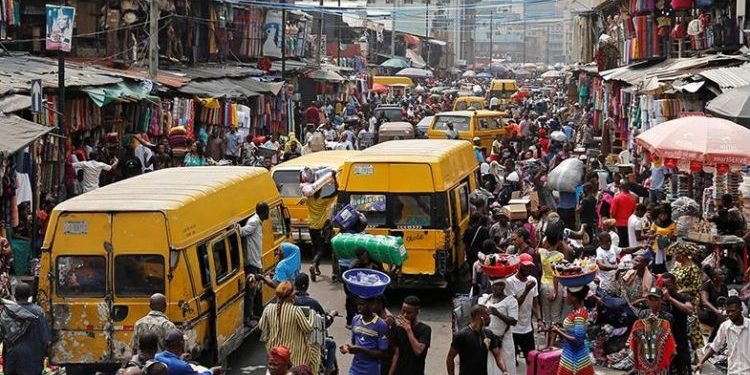The agricultural sector recorded a trade deficit of N1.7tn between January and September this year, as exports stood at N371.8bn while imports rose to N2.1tn. The latest National Bureau of Statistics’ foreign trade report showed that the total value of trading in agricultural goods during the first three quarters of 2021 was N2.4tn. In the
first quarter of the year, the total trade in the sector was N757.4bn, comprising an export component of N127.2bn and imports worth N630.2bn. The difference between the value of exports and imports during the reviewed quarter resulted in a trade deficit of N503bn.
The report read in part, “Top exported agricultural products were Sesamum seeds exported mainly to China (valued at N23.1bn), Japan (N8.3bn) and Turkey (N3bn). “This was followed by good fermented cocoa beans exported to the Netherlands (N9.2bn), Malaysia (N5.5bn) and the United States (N3.2bn).
Other major exports under this sector include cashew nuts in shell exported to Vietnam and India, worth N5.3bn and N5.1bn, respectively. “On the other hand, the import bill in the agricultural sector was dominated by the importation of durum wheat (not in seed) worth (N66.97bn) from Lithuania and Latvia (N41.51bn), as well as Canada (N41.31bn),
Amid high food inflation, cost of feeding surges on gas, kerosene prices
Meanwhile, notwithstanding the high food inflation in the country, Nigerians have continued to contend with the rising costs of making meals either at home or from commercial food vendors, going by the latest prices of gas and kerosene.
In the absence of regular electricity supply, Liquefied Petroleum Gas (LPG) and kerosene are the major sources of cooking fuel for many Nigerians, but the rising costs have seen a growing percentage of households shifting to firewood and saw dust.
The 2019 expenditure pattern report, which measures Nigeria’s spending pattern in both food and non-food items, revealed that of the total, 56.65 per cent of the household expenditure in 2019 was spent on food, with the balance of about 43.35 spent on non-food items.
With a high food inflation and rising cooking fuel costs, the amount spent on food is expected to have doubled, pushing many households into poverty and hunger. Marketers note that the shortage in the local market is caused by poor supply, as many gas-producing firms prefer to export rather than supply the domestic market due to the price parity. Currently, the Nigerian LPG domestic market gets 60 per cent of products from import by marketers while a paltry 40 per cent is supplied locally.















